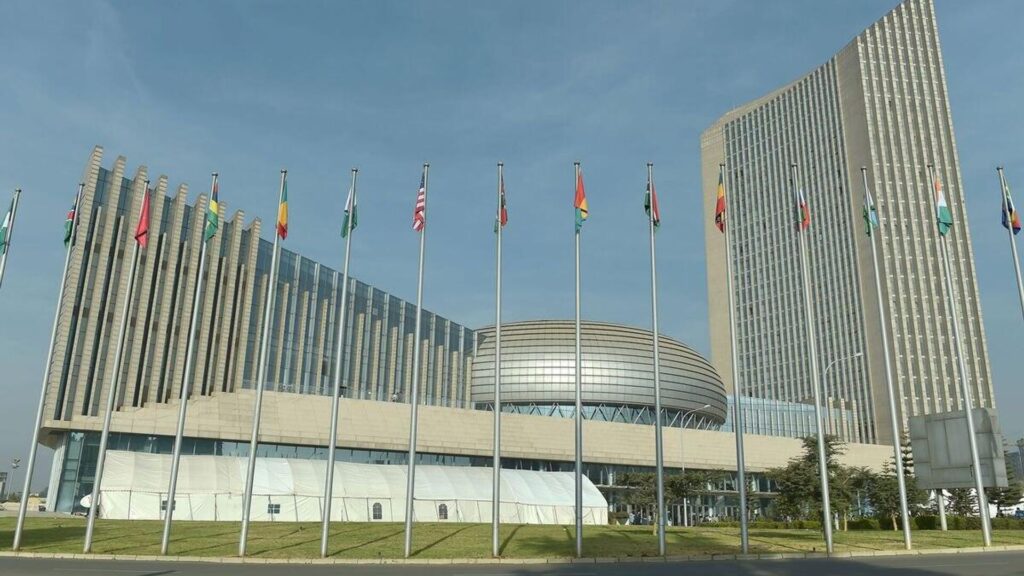The African Union Commission has welcomed a landmark peace agreement signed in Doha between the government of the Democratic Republic of the Congo (DRC) and the Alliance Fleuve Congo / March 23 Movement (AFC/M23), marking a significant breakthrough in efforts to end hostilities in eastern DRC.
The declaration of principles, signed this week, calls for an immediate ceasefire, the restoration of state authority in rebel-held territories, and the launch of formal negotiations aimed at a comprehensive peace settlement. The agreement is seen as a major step toward restoring peace and stability in the conflict-ridden Great Lakes region.
Since early 2022, the M23 rebel group has led an offensive across North and South Kivu provinces, citing the DRC government’s failure to adequately integrate Tutsis into national institutions. Their renewed assault in January 2025 resulted in the capture of key cities, including Goma and Bukavu. The violence has left thousands dead and forced hundreds of thousands to flee, fueling a severe humanitarian crisis.
The conflict has drawn regional and international concern, especially amid allegations that Rwandan forces supported M23 operations claims that Kigali has consistently denied. In late June, the United States brokered a separate peace accord between the DRC and Rwanda in Washington, which includes a commitment from Rwanda to withdraw troops from eastern Congo within 90 days and initiate economic development projects in the region.
African Union Commission chairperson Mahmoud Ali Youssouf hailed the Doha declaration as a “major milestone” and praised the mediation roles played by the United States and Qatar. He also acknowledged the diplomatic efforts of the East African Community and the Southern African Development Community (SADC), and extended special gratitude to Qatar’s Emir Sheikh Tamim bin Hamad Al Thani for facilitating the negotiations.
Youssouf further commended the leadership of AU peace champion and Angolan President João Lourenço, and AU mediator and Togolese President Faure Gnassingbé, for their roles in securing the deal.
The AU pledged continued support for the implementation of the agreement and reiterated its commitment to promoting peace, security, and development in the DRC and the wider region.

